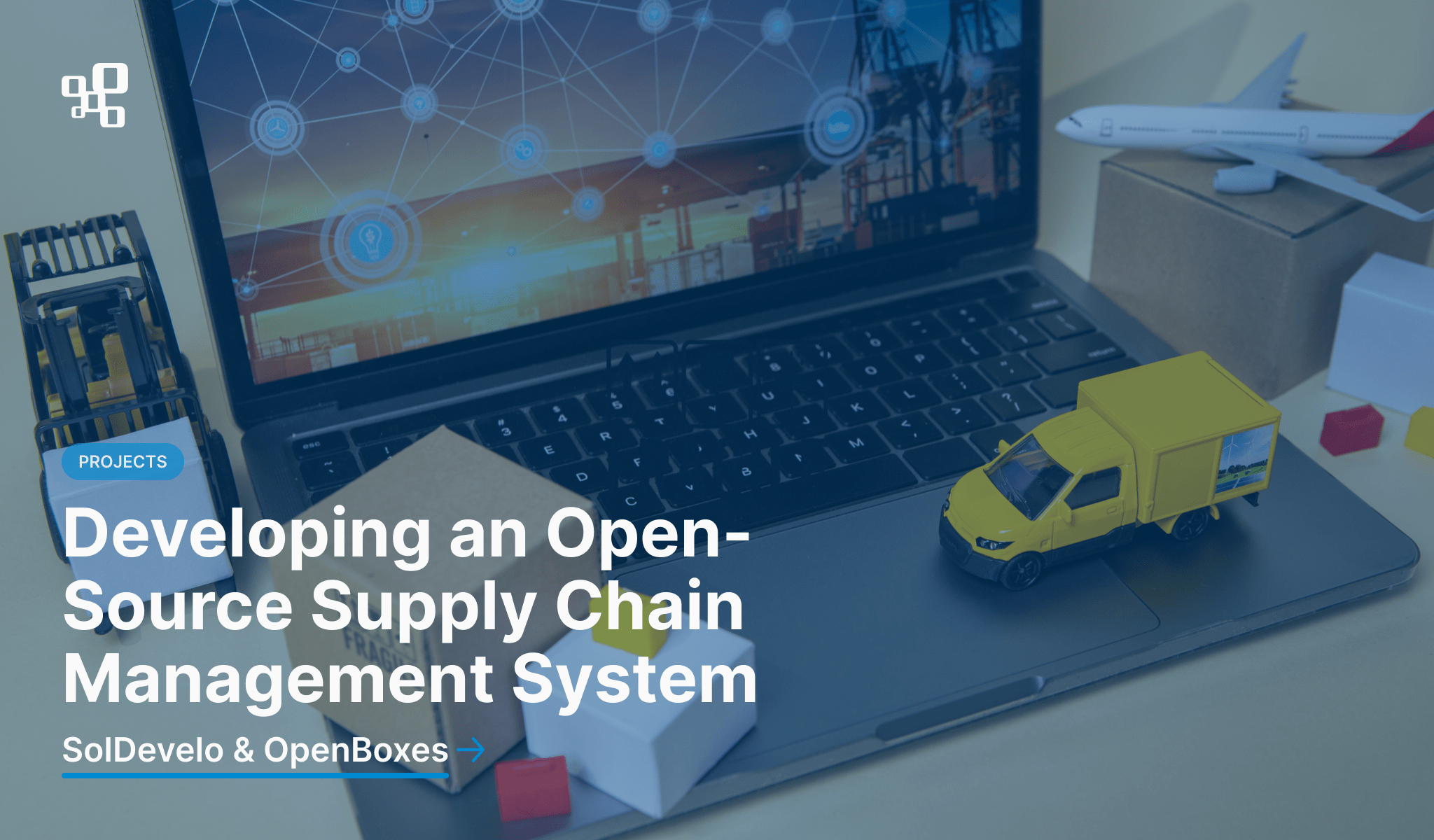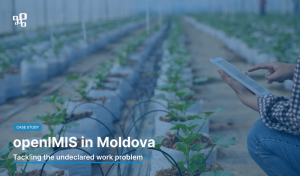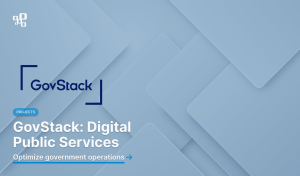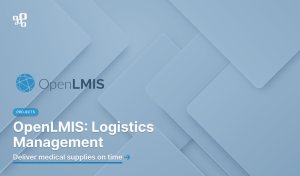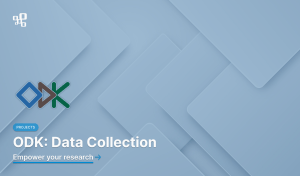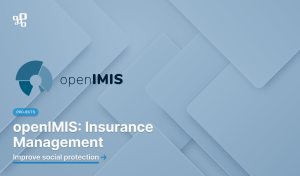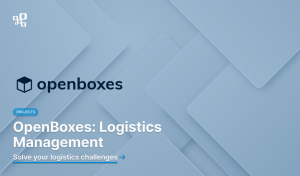OpenBoxes is a versatile open-source supply chain management system, and our long-time partner. In this article we will explore the evolution of our collaboration, our input into the project, the value that OpenBoxes brings to the open-source SCM software landscape, and our future plans together.
About the project


OpenBoxes is an open-source Logistics Management Information System designed by Partners in Health to serve as a supply chain management software in resource-scarce settings. Although first created as a solution for government and non-profit health systems in developing countries, OpenBoxes has developed into a flexible and versatile tool that can be implemented in many different industries. The system’s main functionalities include inventory tracking, lot and expiry tracking, stock movement and shipment tracking, purchase orders, stock requisitions, fulfillment, and built-in and customizable reports.
Our collaboration
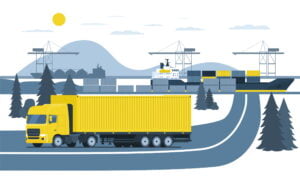
It’s been five years since we’ve written the first line of code for OpenBoxes. Back then, the relationship between our organization and the project team on the PIH side, could simply be described as a contractor and a client. Many things have changed since then. We’ve grown much more attached to the project than we’d initially imagined. Today, we can proudly call ourselves OpenBoxes’ cocreators.
Humble beginnings
It all started in 2018, when Partners in Health hired SolDevelo to complete a new version of a legacy LMIS system, OpenBoxes. This included a revamp of the UI and several additional features. The goal was to deploy the new version to country sites, with a new product master structure, by 2019. One of our first assignments was building a Stock Movement feature using React.
At the very beginning, our OpenBoxes team was composed of two Developers and, a few months into the project, a QA Specialist. On the client side, there were only two people continuously involved in the project, and so our help in development allowed them to more effectively grow and improve the product. Whenever they needed an additional few pairs of hands to work, they contacted us, and we provided our services, if only our specialists were available at the moment. Over time, our developers became well-versed in most aspects of the application, and grew accustomed to the project.
Missed opportunity
In 2021, OpenBoxes reached out to us with a new project. It was a unique, large-scale initiative that required additional development work.
To make sure that the product is delivered successfully and without delays, OpenBoxes asked us to join the project. However, regrettably, at the time our OpenBoxes team was still very small, and quite busy. We were not ready for a new challenge. We still provided some assistance as well as support to the project, but on a much smaller scale than we would, were we better prepared.
Developing partnership
After the missed opportunity, we’ve decided to dedicate more time and resources to our collaboration with OpenBoxes, so that the next time a chance arises, we’ll be able to partake. We’ve started by rebuilding our OpenBoxes team. It is currently composed of three Developers, a Senior QA Specialist, a Team Tech Leader, a UX/UI Designer, and a Project Manager.
Client’s approach has also changed, putting more effort into business-oriented operations, such as extensive user research. Together, we’re working on structuralising our partnership to increase the effectiveness and value of our shared experience, and deliver an even more refined solution to even more users around the world.
How we help each other grow

Working on the development of OpenBoxes gave us a rare chance to engage in a unique project, witness its growth, and gain long-term experience in the open-source supply chain management field. With such a trusting and open partner, we can learn, grow, and constantly challenge our skills to reach new heights.
Although we gained a lot of value from working with OpenBoxes, partnership means not only taking, but also giving. Throughout the years, we gradually increased our engagement in the development of the product, implementing new solutions and ideas.
One of them was inviting a UX/UI designer to our OpenBoxes team. At first, the design support was intended to include only one feature. However, after a successful collaboration, our partners realized the value of a high-quality design. We’ve discussed the matter, and decided to engage in a full OpenBoxes application redesign, to increase its attractiveness and improve user experience. We have also agreed to invite a UX/UI designer as a part of the team, to help in research and new functionalities design.
Aside from development and design, we’re also engaged in other parts of the project, such as project management and support.
What makes OpenBoxes so special?
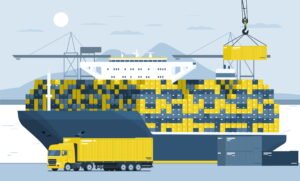
OpenBoxes is a unique open-source supply chain management system that aims to solve logistics-related problems and challenges encountered in various industries. Having its roots in supporting government and health systems, it is suitable for managing medical transport, especially in developing countries.
However, what makes OpenBoxes stand out from other solutions of this kind, is that since its first launch, it has greatly expanded to meet the needs of a variety of clients, including the commercial ones. The application’s flexibility allows it to adapt to different contexts by implementing new workflows and functionalities.
OpenBoxes is an open-source solution, which means that the software’s source code is available to anyone who wants to use it or make changes to it. This allows for a community of users to contribute to its development and improvement over time.
OpenBoxes’ unique combination of flexibility, adaptability, and open-source availability make it a compelling solution for inventory management needs.
OpenBoxes cloud hosting
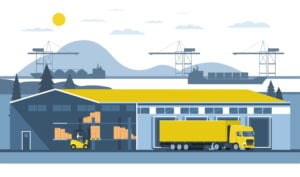
To increase accessibility to OpenBoxes, we are currently working on a cloud hosting plan that would maximize the benefits of using the application.
Cloud hosting offers greater scalability compared to local server hosting. It allows more flexibility, since the virtual servers can be easily upgraded with additional resources. The access to software hosted in the cloud is also increased, facilitating supply chain operations conducted on a global scale. Cloud solutions help in cost reduction as well as data security improvements.
We are hoping that cloud hosting will provide many benefits for the existing OpenBoxes users, and help the new ones access the solution suitable to their needs.
Read about our other open-source projects.

